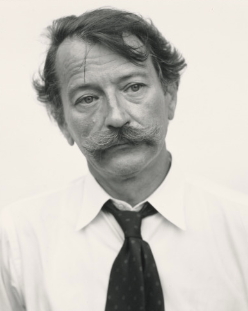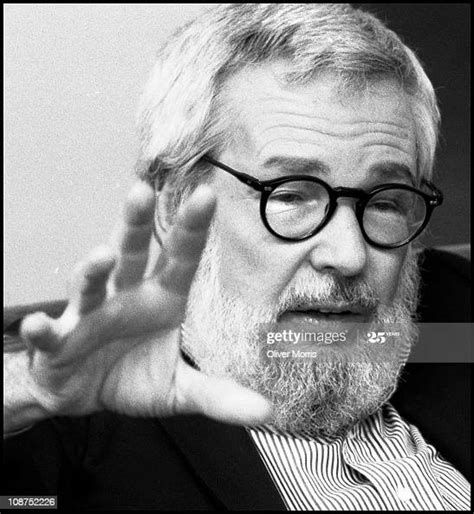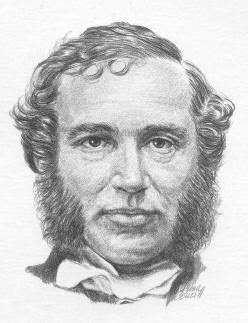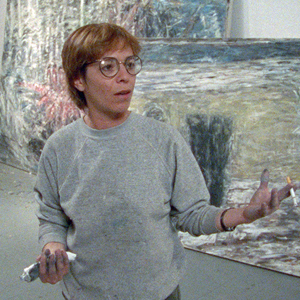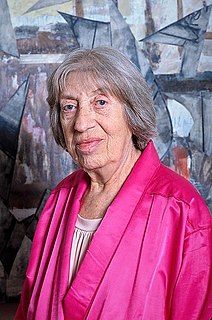A Quote by John Szarkowski
The invention of photography provided a radically new picture-making process - a process based not on synthesis but on selection. The difference was a basic one. Paintings were made - constructed from a storehouse of traditional schemes and skills and attitudes - but photographs, as the man on the street put, were taken.
Related Quotes
Everything in The Room, we did it the same way the big studios do it. The only difference is the budget and the actors. We put an ad in Back Stage West and in return we got almost 8,000 headshots from people who wanted to be in the film. We then do a process of selection and a rehearsal process after they are selected. The process of audition is very time consuming.
You can also see sometimes that the best pictures are the ones where you didn't try so hard, where you were just enjoying the process - and you didn't even know why you were making the picture. It felt right. If someone asked, 'Why are you making this picture?' you probably couldn't describe it very well - and that's why it needs to be a photograph.
In America, where the electoral process is drowning in commercial techniques of fund-raising and image-making, we may have completed a circle back to a selection process as unconcerned with qualifications as that which made Darius King of Persia. ... he whose horse was the first to neigh at sunrise should be King.
I think there has to be an interesting transformative process between your perception of reality and making the paintings. If you are just trying to render what you see you are not entering into a transformative process. And that's what makes a good painting: the process of transforming and the willingness to leave reality behind.
The biggest difference in what's going on in New Zealand versus the rest of the world, aside from the decriminalization of sex work, is that sex workers were actually part of the decriminalization process. There was a provision in that legal change stating sex workers would be part of an evaluation committee, and in 2008, they were, they were a part of the committee determining whether or not decriminalization worked. They are continually regarded as stakeholders - in their communities, but also in the legal process. That's such a different way of operating.
For me, the whole idea of the radically new is tied to a close reconsideration of older sources. I like to give myself over to those sources, as points of origin, in order to bring things forward. My approach requires me to internalize my sources as much as possible in the hope that new themes might emerge. The material has to be internalized in order for it to live again. Ultimately, paintings reveal themselves on the basis of what they are. They are inseparable from the physical process that goes into their making.
Now let me step back from the problem and very generally discuss natural selection and what we know about it. I think it is safe to say that we know for sure that natural selection, as a process, does work. There is a mountain of experimental and observational evidence, much of it predating genetics, which shows that natural selection as a biological process works.
Creationists argue that natural selection is only a negative process, and therefore cannot create anything. Chopra argues that skepticism is only a negative process, and therefore does not lead to knowledge. Both are wrong for the same reasons. They ignore the generation of diversity and new ideas upon which natural selection and skepticism acts. Weeding out the unfit is critical to both - natural selection allows evolution to proceed, and skepticism allows science to advance.
Renewing the mind is a little like refinishing furniture. It is a two-stage process. It involves taking off the old and replacing it with the new. The old is the lies you have learned to tell or were taught by those around you; it is the attitudes and ideas that have become a part of your thinking but do not reflect reality. The new is the truth. To renew your mind is to involve yourself in the process of allowing God to bring to the surface the lies you have mistakenly accepted and replace them with truth. To the degree that you do this, your behavior will be transformed.
